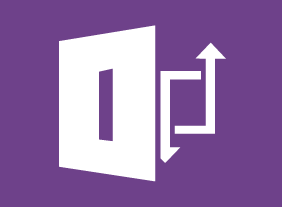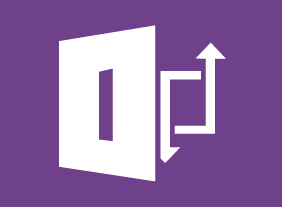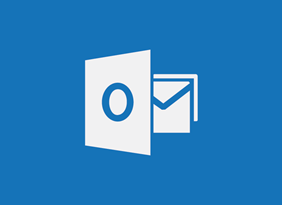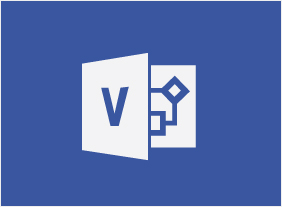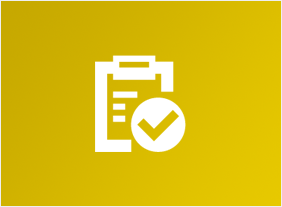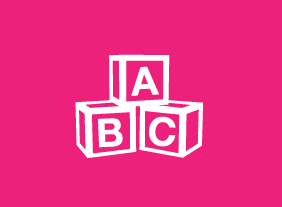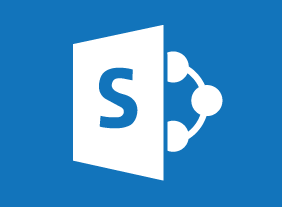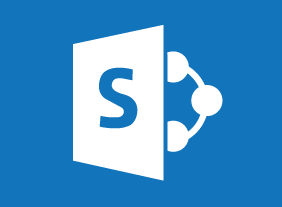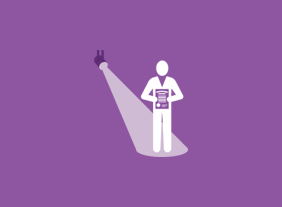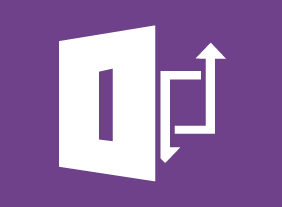-
From Boss to Leader
$99.00After completing this course, participants will know the characteristics of bad bosses and good leaders, understand how those who hold management positions can develop into good leaders, know the elements of leading by example, understand the importance of good communication and effective feedback, and know how to use emotional intelligence. -
Microsoft PowerPoint Online: Working with Tables
$99.00In this course you will learn how to create, edit, and format tables. -
Balanced Scorecard Basics
$99.00You will begin this course by learning what the balanced scorecard is and what types of organizations it is most useful for. Then, you will review some sample scorecards, strategy maps, and tactical action plans. You will also learn how to develop your organizations mission, vision, and values (which form the basis for the balanced scorecard); a project vision statement; plans to implement the scorecard; and balanced scorecard teams. -
Disability Awareness: Working with People with Disabilities
$99.00This course will assist with welcoming people with disabilities into workplaces, learning how to Interact with people with disabilities, identify and overcome barriers in the workplace, use respectful, appropriate, acceptable language in any circumstance, understand appropriate interaction during the hiring and interviewing process, and understand what job accommodation is and how it applies in a workplace. -
The ABCs Of Supervising Others
$99.00This course will help you overcome many of the problems that you will encounter as a workplace leader. Topics include transitioning to a supervisory role, attitudes to cultivate, setting goals, personal productivity, communication skills, feedback techniques, conflict resolution, managing difficult conversations, and establishing credibility. -
Employee Recognition: Appreciating Your Workforce
$99.00Here you are going to learn just what an employee recognition program is all about. Youre going to consider who falls under the definition of an employee and then decide why you should provide recognition for them. You will also look at the types of recognition programs, how to lay the foundation for one, and then how to actually build, implement, and follow up on a program in your office. -
Developing Your Training Program
$99.00After you complete this course, you will be able to: Describe the essential elements of a training program, apply different methodologies to program design, demonstrate skills in preparation, research, and delivery of strong content, explain an instructional model, and create a training program proposal. -
Employee Dispute Resolution: Mediation through Peer Review
$99.00In this course, you will learn about the peer review process, which includes a statement being filed, gathering evidence, creating the peer review panel, conducting the peer review hearing, and making a decision. -
Business Ethics for the Office
$99.00In this course, you will learn what the terms ethics, morals, and values mean. Then, you will learn about several different ethical frameworks, including Kohlbergs six stages, philosophical approaches, personal values, and codes of ethics. You will also learn how to avoid ethical dilemmas, make ethical decisions, handle common ethical dilemmas, and recover from mistakes. -
Microsoft Excel Online: Finalizing Workbooks
$99.00In this course you will learn how to use comments, manage worksheets, and change view options.

